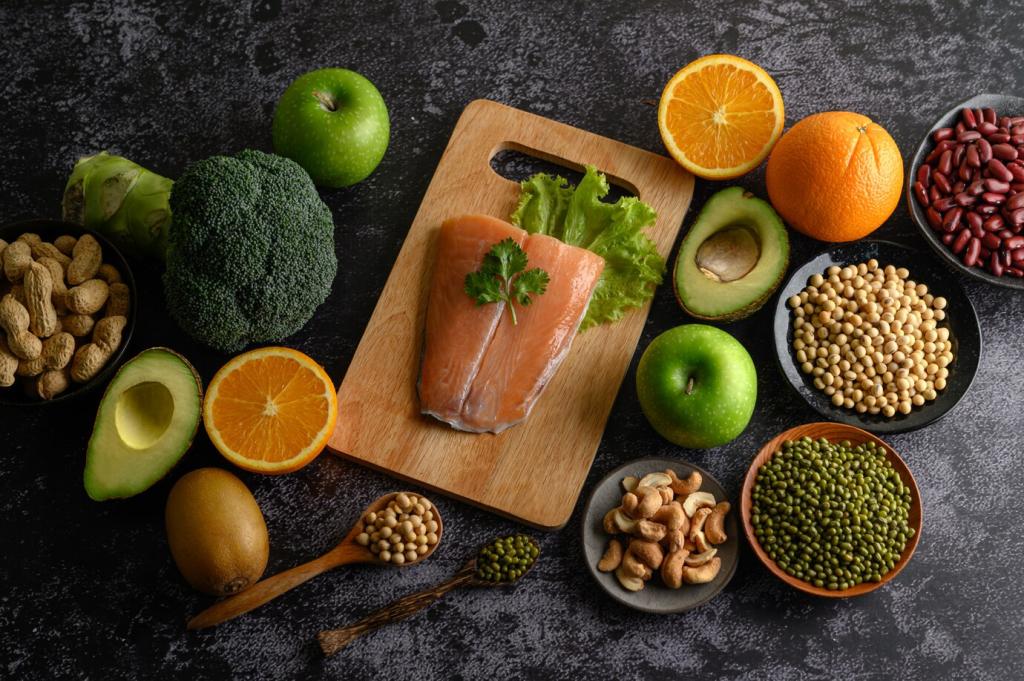Optimizing Athletic Performance with Diet
Unlocking peak athletic performance goes well beyond training routines and natural talent; nutrition is a critical pillar that sustains, fuels, and enhances an athlete’s capability. A carefully crafted diet can make the difference between plateau and progress, energy slumps and explosive power, delayed recovery and optimal muscle repair. This guide explores how mindful dietary strategies can elevate athletic performance, focusing on energy optimization, macronutrient balancing, timing, hydration, and supporting recovery.


Fueling for Energy
Every athletic feat requires energy, and the primary source is the food athletes consume. Carbohydrates, fats, and proteins all play unique roles in fueling the body. High-intensity sports depend heavily on carbohydrates, the body’s quickest source of cellular energy. Endurance activities, on the other hand, increasingly tap into fat stores for sustained efforts. Strategic fueling isn’t just about loading up on calories; it’s about understanding when each energy source is most effective and customizing intake to match the demands of training and competition schedules. Nutritionists often recommend periodizing carbohydrate intake around training intensities to support optimal energy output and recovery.
The Power of Macronutrient Balance
Balancing macronutrients—carbohydrates, proteins, and healthy fats—is key for those seeking athletic accomplishment. Each macronutrient supports unique physiological functions. Carbohydrates replenish glycogen stores, proteins repair muscle fibers and facilitate growth, and fats deliver crucial energy for longer bouts while supporting hormonal health. Too much or too little of any macronutrient can diminish performance, impair recovery, or increase risk of injury. The ideal distribution depends on the sport, body composition goals, and individual metabolism. Personalized macronutrient strategies ensure athletes remain strong, agile, and resilient throughout their training cycle.
Micronutrients: Small Compounds, Big Impact
While macronutrients get most of the attention, micronutrients such as vitamins and minerals wield significant influence over athletic performance. Iron supports oxygen transport and energy production, while calcium and vitamin D are vital for bone integrity. Deficiencies can silently erode stamina, increase injury risk, and delay muscle recovery. Proper micronutrient intake comes from a diverse diet full of fruits, vegetables, whole grains, lean proteins, and healthy fats. Athletes often require above-average amounts and may need tailored guidance to meet their micronutrient goals, ensuring no weak links in their physical chain.

Hydration and Electrolyte Strategies
Determining the right amount of fluids required is unique to each athlete and depends on factors such as climate, activity intensity, and individual sweat rate. Sweating leads to significant water and electrolyte loss, which, if not replaced, results in decreased blood volume and impaired thermoregulation. Athletes are encouraged to monitor urine color and body weight fluctuations to assess hydration status before, during, and after exercise. Adopting a personalized hydration plan is essential for maintaining cognitive clarity, reaction speed, and muscular endurance throughout training and competition.

